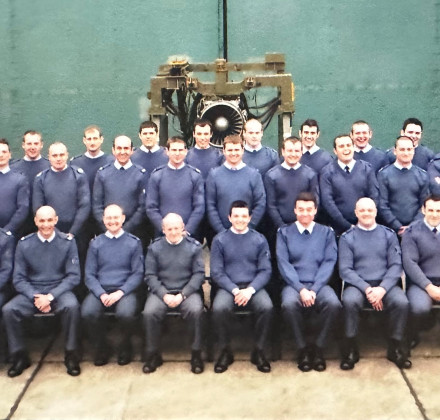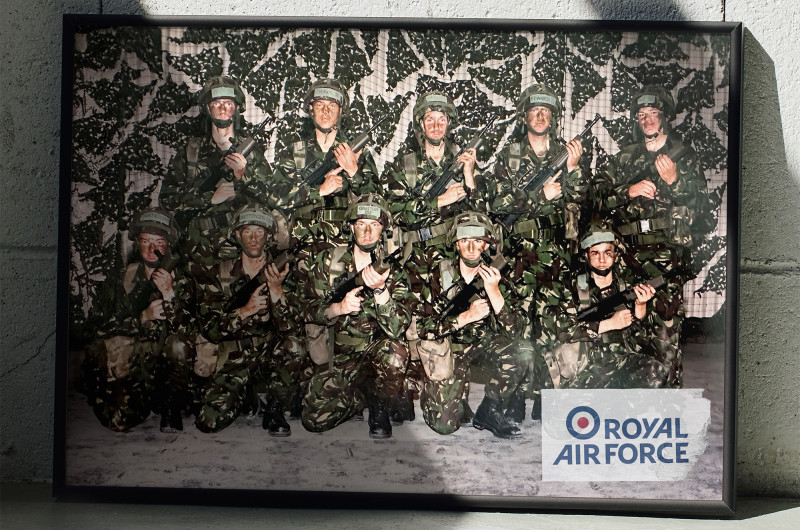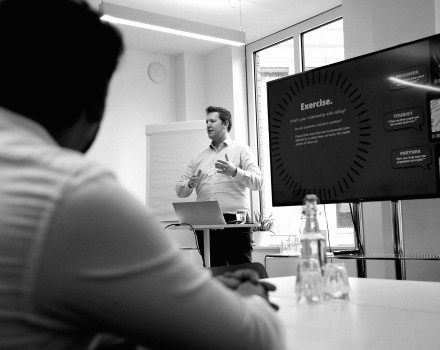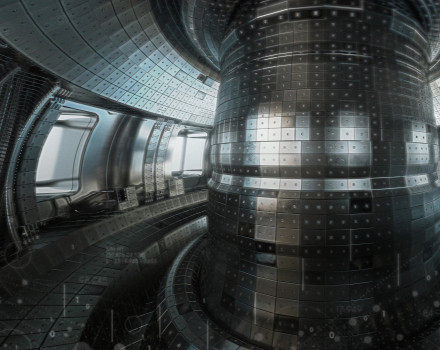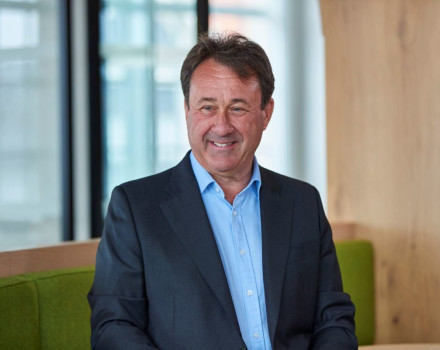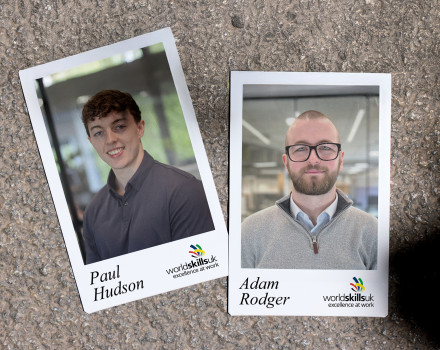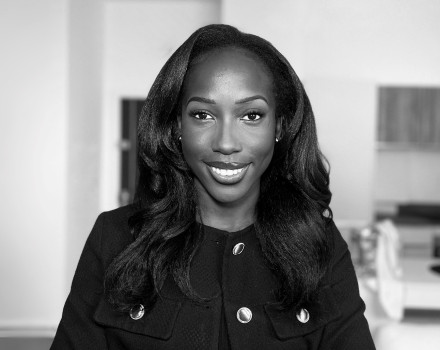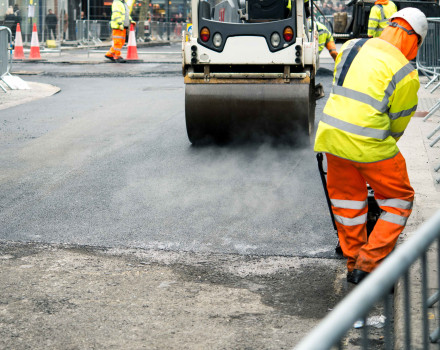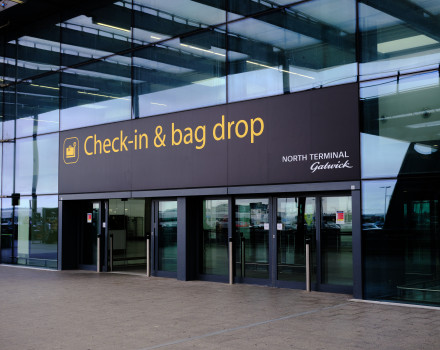Can you tell us about your relationship with the armed forces?
I served in the RAF for three years as a Propulsion Technician. I joined as a 17-year-old, purely because I didn’t know what to do, I’d decided Sixth Form wasn’t for me and left without completing my A-levels. And this felt like a reasonable route into adulthood – it was a join the forces, get a bit of structure, then see what happens next sort of thing.
I had no understanding of what any of the forces were about, but my parents said no to the Army and suggested the RAF was a safer option. So, I went to Nottingham careers centre, where a Warrant Officer put me through an aptitude test which gave me two options, a propulsion technician working on the aircraft engines or an electronics engineer. I wasn’t sure from his description, so he arranged for me to visit RAF Cottesmore. I remember there being this one guy sat on the front desk repairing headphones, then they took me to the hangars and there were engines being lifted out of Harrier jet planes. There was no competition – I chose propulsion technician.
I then did my nine-week basic training at RAF Halton, then onto trade training at RAF Cosford where I was based for about 15 months. After that I was posted to RAF Coltishall in Norfolk where I stayed for the next couple of years, working in second line stripping and rebuilding the engines for the Jaguar aircraft. It was quite heavy engineering, really technical and interesting.
What did you enjoy about your time in the forces?
I really enjoyed my role, I have a keen eye for detail so one of the jobs I really enjoyed was inspecting the turbine blades for any pits or cracks. We had a Rolls-Royce rep in the engine bay who I worked with a lot. I once got sent to Oman for a month on a training exercise, inspecting after-burners on the Jaguar aircraft that had just landed in 40 degrees while wearing a boilersuit, which was fun…
But, more generally, I liked feeling part of something that is admired as an organisation. When you go into the public and do parades such as on Remembrance Day and you can see the pride and respect on people’s faces, that made me feel really proud. When I first joined, I remember thinking ‘what on earth is this?!’ about all the drills and marching, but when you do a parade and you’re all marching perfectly together, all meticulously turned out, shoes and brass polished, and looking like a slick well oiled machine, it gives you a sense of confidence that never leaves you. When I look back at the parades, I think I enjoyed them more than I ever gave them credit for at the time.
I also just had a really good time. I was surrounded by people from all walks of life, including people who had been on detachments and had war stories to tell, everyone was interesting. We also got a huge number of opportunities to just try a load of different stuff, I went canoeing, wake boarding, learnt to ski jump, do trick skis, slalom, just a load of stuff I’d never done before. And that was fun.
What triggered you to leave the forces?
My time in the RAF came to an end when they closed the base I was at. The new base involved a move from working on Jaguars to Typhoon fighters. With this came changes to my role, I’d go from second line to simply taking the engine out and sending it to the manufacturer. Propulsion and airframe technicians were also being combined, and I decided I didn’t want to be doing rivets for the rest of my life, so that’s when I left.
But in all honesty, it had been on the cards before this. I had a friend who had an engineering consultancy in Birmingham. He was doing really well and enjoying life, and I wanted that. He explained to me that a route into that career was to do CAD. I’d already persuaded the RAF to put me through my City & Guilds in AutoCAD as I was in an engineering role. The timing just worked out and I went to go work with my mate to try get my foot in the door of the engineering industry. It was a gradual process, it didn’t happen overnight, but after seven years of working and studying I eventually qualified as an electrical engineer.
How did you find the transition to a civilian career?
For me, it wasn’t a huge shock to the system. I had a clear plan of how I was going to exit, and it all worked out seamlessly. It was a good plan, well executed. But then I was never a career soldier, maybe for those who are in the forces for life then it’s a harder adjustment.
What do you think your time in the armed forces has given you that benefits you in your civilian life / career?
Ultimately it turned me from a school drop-out into someone who had the dedication and discipline to study at night school to get the qualifications I needed to do my current career. I went from dropping out of school to graduating with a First-Class degree and a Five Counties award from CIBSE for my dissertation. I just don’t think that would have happened without my time in the RAF.
It’s given me a sense of discipline and respect and an understanding of hierarchy and organisational structures, which I think is valued by employers. There’s also a very positive opinion which people apply to you soon as they hear you served in the forces, ‘he’ll be dependable, he’ll understand respect’, it’s a pre-judged stereotype but I did find that it helped when it came to applying for jobs.
I also never lost the feeling of belonging to an organisation that the RAF first gave me. When I find an organisation I like and am happy to work within then they have my full commitment. I really buy into this sense of belonging and I give it my all, I live and breathe it in the same way you do in the forces.
The other thing I’ve noticed is, my time in the RAF gave me such a broad experience and knowledge of the UK and further afield, I was based in various different places and met people from all walks of life. This means I can find a connection with most people that I don’t think I’d have got had I not joined-up.
And, as it’s Remembrance Day today, could you tell us what this day means to you?
When I was in the forces, I always had an enormous sense of pride to be part of the Remembrance Day ceremonies. It’s a very important day, it’s about remembering and showing an appreciation of the sacrifice people have made. I feel it’s very important to have a public demonstration of appreciation like this. In your day-to-day life it’s so easy to let it become a distant memory and this day brings the sacrifice others made for us back to the forefront of our minds. Hearing the Last Post is something that will always make the hairs stand up on the back of my neck.

